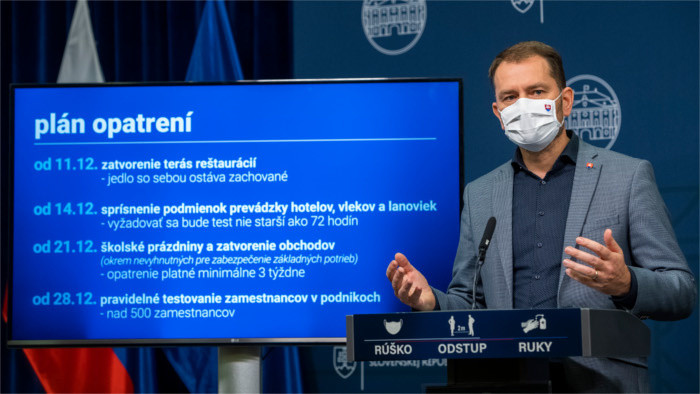The Slovak Government took economic steps worth a total of €4.6 billion, or 5.1 percent of GDP, in combating the coronavirus pandemic last year, with the biggest portion going to direct aid, according to a preliminary estimate published by the Finance Ministry's Financial Policy Institute on Monday. "The economic support took several forms - direct aid to firms and to individuals, tax payment deferrals, banking guarantees," reads the estimate. The biggest amount of €1.3 billion went to direct aid, i.e. support for jobs, social aid, pandemic sick leave payments and forgiven levies. The second biggest category in terms of volume involved banking guarantees and loans (€1 billion). In practice, this meant guarantees on loans provided by the state or by state-run EXIM bank. The healthcare sector received €300 million.
IFP highlighted the fact that not all kinds of assistance will have an impact on the state budget. For example, tax payment deferrals only delay such incomes for the state. Bank guarantees will only burden the state budget if firms start going bankrupt. The deferral of instalments has no impact on public finances. "Part of the direct aid from expenditures spent on fighting the pandemic will be reimbursed to us by the European Union," added IFP.
Meanwhile, shortfalls in tax and non-tax revenues will have an additional negative impact on the state budget. "This is a consequence of a worsened economic situation. Increased expenditures stemming from permanent aid schemes, such as the higher cost of unemployment benefits, have also placed an additional burden on public finances," stated IFP. The institution will evaluate the total impact of the pandemic on the state budget as part of the stability programme in April.

